In the tranquil atmosphere of Chinga village, Othaya Sub-County amidst lush green tea bushes, stand closely-knit homesteads that resemble a mandator
In the tranquil atmosphere of Chinga village, Othaya Sub-County amidst lush green tea bushes, stand closely-knit homesteads that resemble a mandatory collective settlement.
Within these homesteads, a surprising activity quietly unfolds, offering residents an unprecedented source of livelihood.
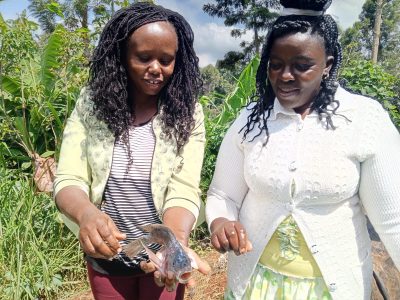
For over two years now, 226 residents, primarily tea farmers, have been engaged in fish farming. This activity not only provides a unique delicacy but also creates a dependable income stream for them.
Due to rapid population growth, the land in this area has undergone extensive subdivision, diminishing its agricultural value.
Traditionally focused on tea farming, residents have witnessed declining incomes due to reduced production scales and unpredictable market dynamics.
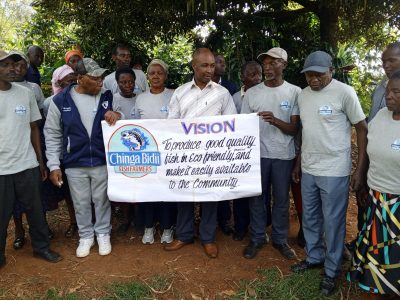
Joseph Wagura, a contented farmer in the area, attests that fish farming has brought profits he never imagined before, with significantly less labor. With just one fish pond occupying a small portion of his land, he comfortably meets his financial obligations.
Wagura encourages young men in the village to consider fish farming as a viable alternative to the saturated and less lucrative boda boda (motorcycle taxi) business.
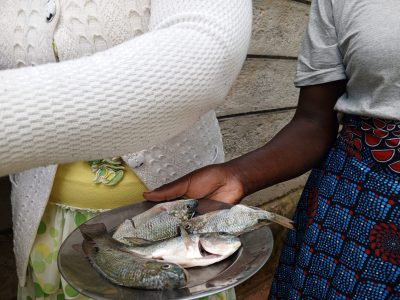
Rebecca Wachira, Chairperson of the Chinga Bidii Fish Farmers Group, expresses no regrets about embracing fish farming, introduced to them by the Aquaculture Business Development Program (ABDP) and supported by the national and county governments.
Wachira highlights that their group, consisting of 30 members, has received pond liners, fingerlings, fish feed, and extensive training in fish farming techniques, enabling many to harvest up to 600 kilograms per cycle.
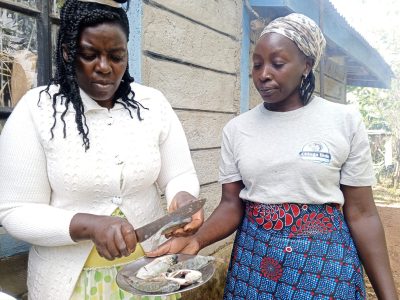
Initially unfamiliar with fish farming and uninterested in consuming fish, the community’s perception has significantly changed.
Looking ahead, the group aims to enhance their income through further value addition of their fish products.
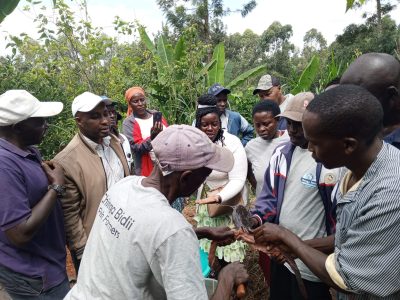
Farmers in the area are optimistic that future generations will continue this practice, viewing it as a pathway to creating inter-generational wealth.
Samuel Gacheru, Fisheries Department Officer for Othaya Sub-County, reports that 226 farmers have now adopted fish farming.
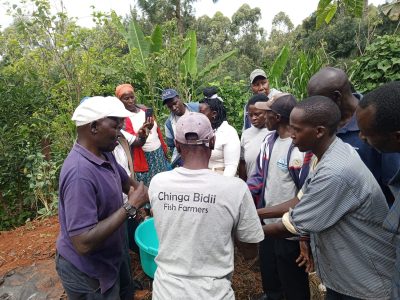
He emphasizes that fish farming is a lucrative venture, where an area that could support 20 tea or coffee bushes can instead rear between 1,000 to 2,000 fish, potentially earning a farmer up to 100,000 shillings in a short period.
Gacheru concludes that the program has significantly benefited farmers by providing necessary education and materials to kickstart their fish farming businesses.

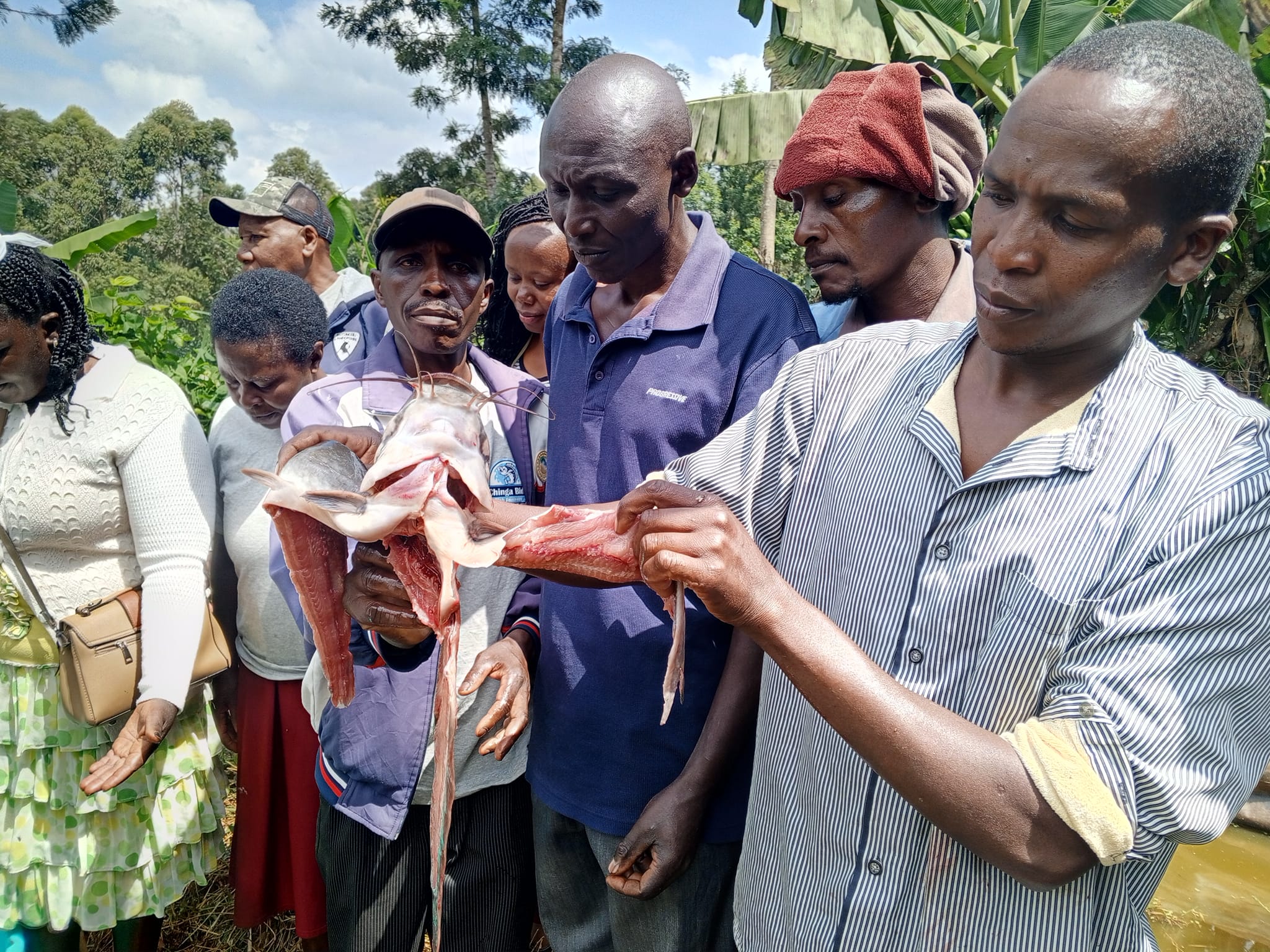
COMMENTS